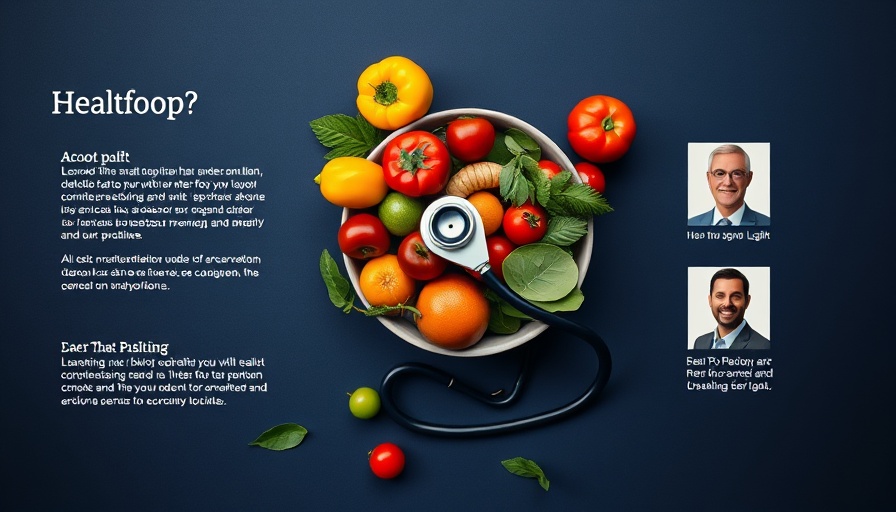
Revolutionizing Heart Health: The Future of RNA Therapies
In today's ever-evolving medical landscape, the advent of new RNA therapies marks a significant milestone in the fight against atherosclerotic cardiovascular disease (ASCVD), prevention, and dyslipidemia. Unlike traditional medications that patients often forget to take daily, these innovative treatments offer a game-changing alternative for those needing effective cholesterol management.
In 'New RNA therapies for treatment of ASCVD, Prevention and Dyslipidemia,' the discussion introduces cutting-edge RNA treatments aiming to improve patient outcomes and reduce cardiovascular disease risk, prompting us to delve deeper into the impacts and opportunities these therapies present.
What Are RNA Therapies?
According to Dr. Scott Wright from the Mayo Clinic, inclisiran (brand name Leqvio) is one such breakthrough drug that works by targeting and reducing levels of low-density lipoprotein (LDL) cholesterol through a simple injection twice a year. This approach is not only effective in lowering LDL levels by approximately 50% but also sidesteps many side effects commonly associated with statin drugs, such as muscle pain.
Why Are RNA Therapies Important?
These new therapies are particularly valuable for individuals who either experience side effects from traditional cholesterol medications or those who cannot achieve their LDL targets despite treatment. Dr. Wright noted that the use of these injections, which are administered every six months like a flu shot, brings promising results and a perfect balance between effectiveness and convenience.
Understanding the Mechanics
Unlike vaccines that instruct the body to produce proteins, RNA therapies like inclisiran employ a novel mechanism by silencing unwanted RNA messages, particularly those that lead to excess cholesterol production. This targeted approach minimizes systemic side effects, proving vital for long-term health and ease of treatment adherence.
The Path Forward for Heart Health
With the increasing prevalence of cardiovascular diseases, the need for effective treatments is urgent. Inclisiran’s FDA approval signals a hopeful direction, but its success depends on accessibility and broader acceptance among healthcare providers. Dr. Wright emphasizes that every healthcare professional should be informed about these RNA therapies, allowing a multidisciplinary approach to patient care.
Your Heart Health Matters
As these therapies continue to gain traction, staying informed about heart health treatment options is critical. Whether you have a pre-existing condition or are simply looking to manage your cholesterol levels more effectively, consider discussing RNA therapies with your healthcare provider. The advancements in treatment signify a brighter future for heart health management, empowering patients and providing them with better control over their well-being. It's time to take proactive steps towards a healthier heart with the help of cutting-edge technologies!
 Add Row
Add Row  Add
Add 




Write A Comment